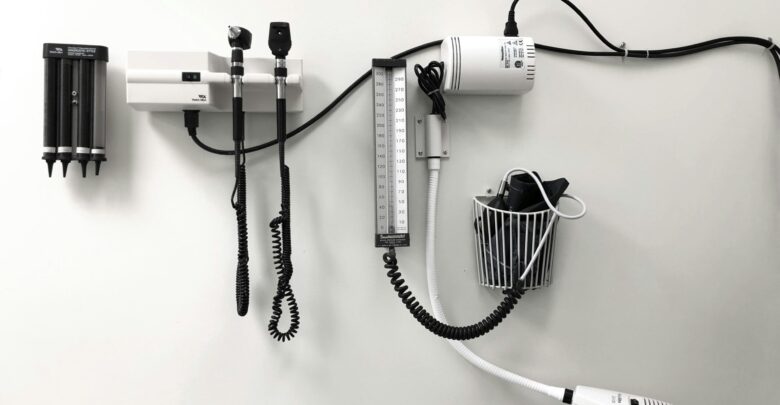 Supplied
SuppliedThe lack of available family care physicians in Alberta is a “multi-layered problem,” the University of Alberta’s family medicine residency program director said.
According to Dr. Michelle Morros, many current medical students are choosing against doing a family medicine residency. This is for multiple reasons, including lack of respect and long hours.
“Family medicine is perhaps not respected as much as some other specialties. If you do a different kind of residency, your income can be substantially more,” Dr. Morros said.
Additionally, family medicine has gained a reputation among medical students for a lack of administrative supports, she said. According to Dr. Morros, physicians are spending long hours outside of the office completing paperwork.
As well, physicians do not receive compensation for their administrative work. This issue tends to overshadow the positives of the family physician role, she added.
“Medical students don’t really hear about all the amazing things that family medicine has to offer. Family doctors have so many roles,” Dr. Morros said. “We deliver babies, work in hospitals, do house calls, do palliative care. We work with all sorts of populations. Oftentimes, the focus at the medical school level is the office visit, which students may find boring.”
Family medicine important for continuity of care, preventing emergency room visits, Dr. Morros says
A lack of support from the current provincial health care system makes starting a practice and taking on patients difficult, Dr. Morros said.
“It’s way more responsibility and headache, and way less money, to take on a panel and provide continuity of care, than it is to work in the emergency room or do [temporary positions] long term.”
According to Dr. Morros, medical schools aim for 50 per cent of students to choose the family medicine career path. Importantly, a large family doctor population ensures patients receive care before their illnesses become too advanced, she said.
As well, family doctor availability prevents surges of patients going to the emergency room. This is the type of issue that can lead to the “collapse of the system,” Dr. Morros said.
Currently, Dr. Morros said patients with minor inflictions are taking up spots in emergency rooms.
“Which means that wait times for everyone are becoming longer. For the person that’s coming in with something life-threatening, they may face an adverse outcome.”
Dr. Morros added that there is evidence to show that family doctor accessibility can improve health, as well as make visits to the hospital less likely altogether.
Dr. Morros says residency program is “working hard to ensure that our curriculum is seen as valuable, effective, and fun”
The U of A faculty of medicine and dentistry is currently working to encourage students to pursue family medicine, Dr. Morros said.
Through preclinical electives, medical students have opportunities to experience the breadth of what family doctors do, Dr. Morros said. She added that there are ongoing efforts to ensure medical students are receiving a positive message about family medicine.
“In our residency program, we’re working hard to ensure that our curriculum is seen as valuable, effective, and fun so that students have a good feeling towards becoming a family medicine resident.”
In October, Minister of Health Adriana LaGrange announced that the Government of Alberta would implement recommendations that came out of the Modernizing Alberta’s Primary Health Care System initiative (MAPS). Many of the recommendations are intended to improve primary health-care services. These recommendations include creating a primary health division in Alberta Health Services.
Dr. Morros said these changes might be an opportunity for family physicians to turn their attention away from bureaucracy and paperwork.
“I am hopeful that by primary care having it’s own voice, pillar, and representation, that perhaps we can start moving forward on some of the issues that have been obvious to us for a long time.”



